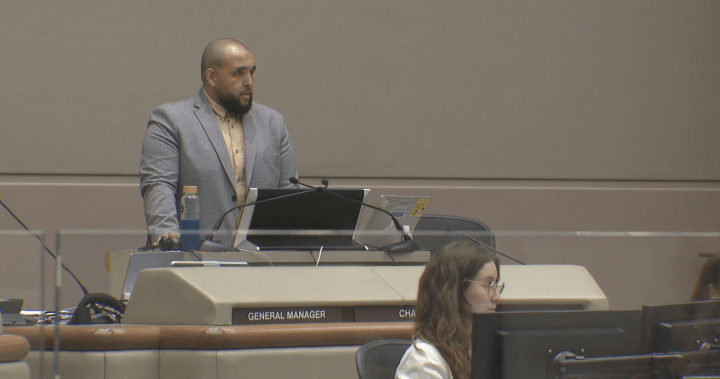Calgary’s housing strategy is slowly being implemented, with progress on five out of 98 recommendations completed so far. Efforts include rezoning initiatives, making city-owned land available for affordable housing, and incentivizing the development of secondary suites. The majority of actions are planned to be initiated by the end of 2024, but city officials warn that it may take time before any benefits are seen. Market conditions have worsened since the strategy’s approval, with a rental vacancy rate of 1.1% and rising housing prices. City officials cite capacity constraints, supply chain challenges, and increasing costs as obstacles to progress.
In response to the housing crisis, city council approved an additional $90 million in capital funding and $135 million in operating and one-time funding over three years. This funding will support initiatives such as the secondary suites incentive program, a housing land fund, central intake process for affordable housing, downtown development incentive program, and Indigenous affordable housing. The city will also receive $228.5 million from the federal government’s Housing Accelerator Fund. The target is to increase the housing supply by 41,858 units by October 2026, including 6,825 HAF-incented units. However, some councillors feel that the current efforts do not do enough to increase the supply of non-market housing.
One challenge facing the implementation of the housing strategy is the competition for resources among different housing providers. Non-profit organizations like HomeSpace Society are facing supply and demand issues for labor and materials. Despite the challenges, plans are underway to develop around 100 non-market housing units for families at two city-owned parcels. The city is also considering creating a volunteer expert advisory committee on housing to provide advice on implementation and monitor progress towards addressing housing affordability. City councillors emphasize the need for realistic expectations about the time and resources required to address the housing crisis effectively.
Ward 8 Coun. Courtney Walcott, who chairs the Community Development Committee, acknowledges that progress on the housing strategy is moving quickly but cautions that significant results may take time. He notes that the time it takes to create a problem is almost equivalent to the time it will take to solve it. With rental vacancy rates low and housing prices high, the need for affordable housing solutions is urgent. Despite the challenges, city officials remain committed to addressing the housing crisis through a combination of funding, incentives, and partnerships. The strategy aims to increase the supply of affordable housing units and create a more sustainable housing market in Calgary.
Overall, the implementation of Calgary’s housing strategy is making progress, with several recommendations completed and more in progress. However, challenges such as market conditions, capacity constraints, and supply chain issues are hindering efforts to address the housing crisis effectively. Additional funding and collaborations with partners are being utilized to increase the supply of affordable housing units and create a more equitable housing market. While it may take time to see significant results, city officials are committed to the long-term goal of improving housing affordability for all residents. The creation of an expert advisory committee on housing and ongoing monitoring of progress will help ensure that the strategy is effectively implemented and benefits the community as a whole.


